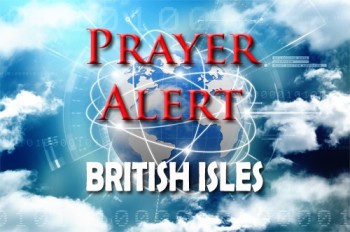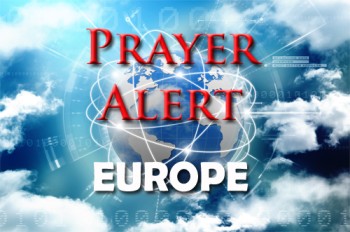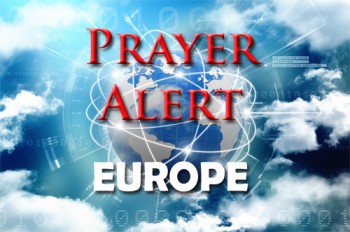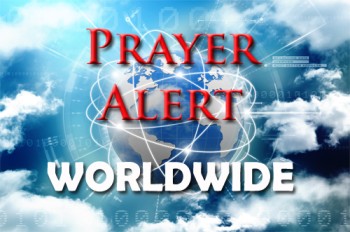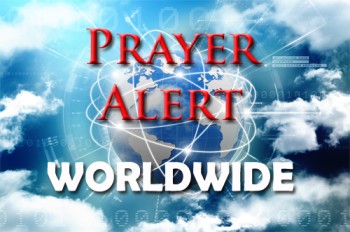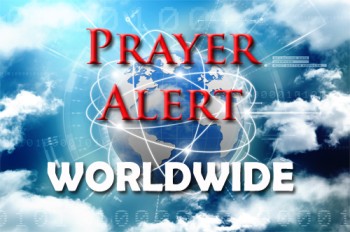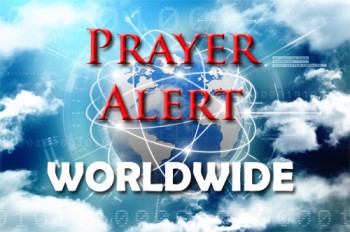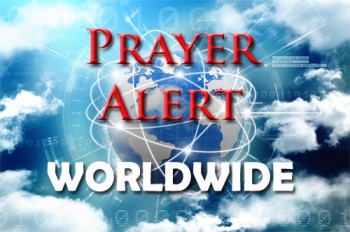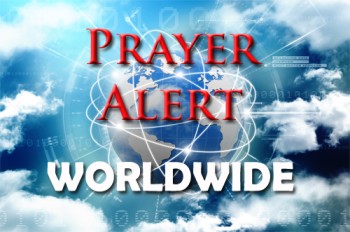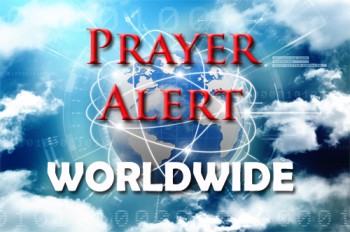Archbishop says Church must 'be changed' over abuse
The Archbishop of York, Stephen Cottrell, called for transformative change in the CofE during his Christmas sermon, amid ongoing criticism over abuse scandals. Justin Welby resigned in November following backlash over his handling of prolific abuser John Smyth. Cottrell, set to assume leadership on 6 January, acknowledged the Church’s failures and emphasised the need for justice, humility, and action. His remarks drew mixed reactions. While he urged the Church to 'kneel in penitence' and focus on supporting vulnerable groups, some survivors criticised his leadership. One victim expressed dismay over his involvement with priest David Tudor, who faced abuse allegations but continued serving for years under Cottrell’s oversight. Local clergy reported frustration among parishioners: Rev Matt Woodcock of St Stephen’s Church, York stressed the need for reassurance at the community level, despite widespread disappointment in national leadership.
Azerbaijan: Putin urged to accept responsibility for air crash
President Ilham Aliyev has urged Russia to accept responsibility for the Christmas Day crash of an Azerbaijan Airlines plane, which killed 38 of the 67 onboard. The flight, from Baku to Grozny, was diverted from Chechnya and crashed in Kazakhstan. Vladimir Putin has apologised but stopped short of admitting fault, attributing the tragedy to Russian defences countering Ukrainian drone attacks. Aliyev criticised initial Russian explanations, including claims of a gas cylinder explosion and bird strikes, as ‘foolish and dishonest’. He acknowledged the incident was accidental but demanded that Russia admit guilt, punish those responsible, and provide compensation: he commented, ‘No one would have thought that in a friendly country, our plane would be fired at from the ground’. The crew members were honoured for landing the plane in a way that allowed 29 people to survive, even though it led to their own deaths.
Ukraine stops transporting gas to Europe
Ukraine has decided to stop transporting Russian gas to Europe after a deal with Moscow expired, marking a historic and symbolic shift in policy. As a result, both countries will incur financial losses: Ukraine will forfeit $800 million annually in transit fees, while Russia’s Gazprom will lose nearly $5 billion in sales. Europe, which has reduced its dependence on Russian gas from over 40% in 2021 to about 8% in 2023, will now receive Russian gas solely via the Turkstream pipeline. To compensate, the EU has increased imports of liquefied natural gas from the USA and pipeline gas from Norway. While analysts say Europe is unlikely to face energy shortages, refilling reserves may prove challenging, potentially driving up gas prices. Some regions have already reduced heating supplies, highlighting the ripple effects of the expired transit deal. Meanwhile, Russia and Ukraine have concluded one of their largest prisoner exchanges since the war began: see
Japan: atomic bomb survivors receive Nobel Peace Prize
The 2024 Nobel Peace Prize has been awarded to Nihon Hidankyo, a grassroots Japanese organisation of Hiroshima and Nagasaki atomic bomb survivors, for its tireless efforts to eliminate nuclear weapons. It was formed in 1956 to document survivor testimonies and press for nuclear disarmament at the UN and other global forums. Nihon Hidankyo's work aligns with Alfred Nobel’s will, emphasising peace and the abolition of war. The organisation will receive a $1 million award: prime minister Shigeru Ishiba called the recognition ‘extremely meaningful’. The Nobel committee noted that the ‘nuclear taboo’ is under pressure: the nine nuclear-armed countries are continuing to modernise their weapons, and currently there are 12,121 warheads in the world. Hibakusha’s testimonies serve as a powerful reminder of the human cost of nuclear warfare and a call for a peaceful, disarmed future.

